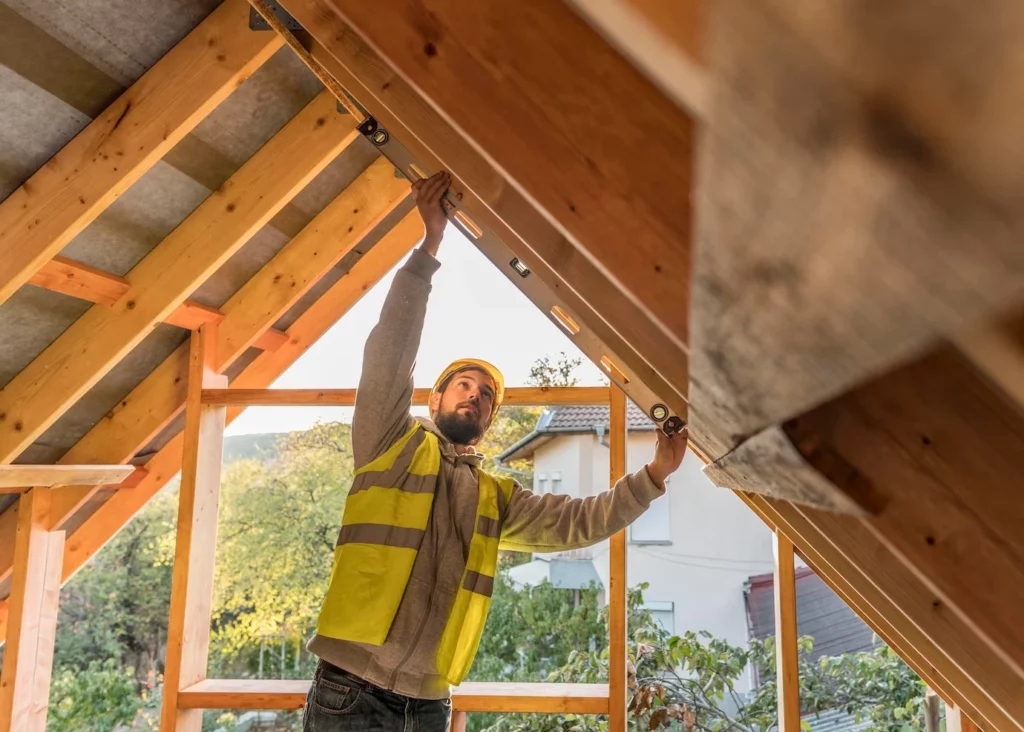Why You Don’t Want Mold
Real1 Construction LLC
Why Is Mold So Dangerous?
In some cases, mold in your home can make you sick, especially if you have allergies or asthma. Whether or not you’re allergic to molds, mold exposure can irritate your eyes, skin, nose, throat, and lungs. Here’s what you can do to combat mold problems, and take care of yourself and your home.

General, Need To Know, and Tips & Tricks:
You may have heard about it on the news, or read about the dangers of black mold online. These reports and articles can be scary and costly. Black mold also known as, Stachybotrys chartarum, is the type of mold often called black mold, and it creates allergens and irritants. No matter what type of mold, treat it with caution. Stay out of affected areas with poor ventilation, and don’t touch or disturb the mold.
In under 48 hours, mold can become a major problem in your home or structure when water has intruded in the form of a roof leak, or a water line leak. Mold can cause severe adverse health effects and can also cause major damage to your property.
Even minimal exposure to mold during the process can lead to health issues for you, or your family.
Black mold is known to cause chronic coughing and sneezing, respiratory irritation, rashes, fatigue, and headaches. In extreme cases, an allergic reaction to mold spores can cause vomiting, nausea, and bleeding within your lungs and nose! It just isn’t worth the risks of handling the problem without professional assistance.
If you do experience a mold problem in your home or business you need to understand it can pose a greater risk to children, older people, and anyone with respiratory complications.
A strong, musty odor may indicate hidden mold behind drywall, within curtains, or under carpeting. As mentioned previously, keep out of the affected areas, turn off your HVAC system and fans so as to not circulate the mold spores, and contact a professional for mold remediation services.
To avoid spreading the mold, or causing further illness, don’t touch or disturb the mold. Don’t blow air across any surfaces that have visible mold growth, or areas you are suspect contains mold. Never attempt to dry the area yourself, and finally, don’t spray bleach or other disinfectants on the mold.
